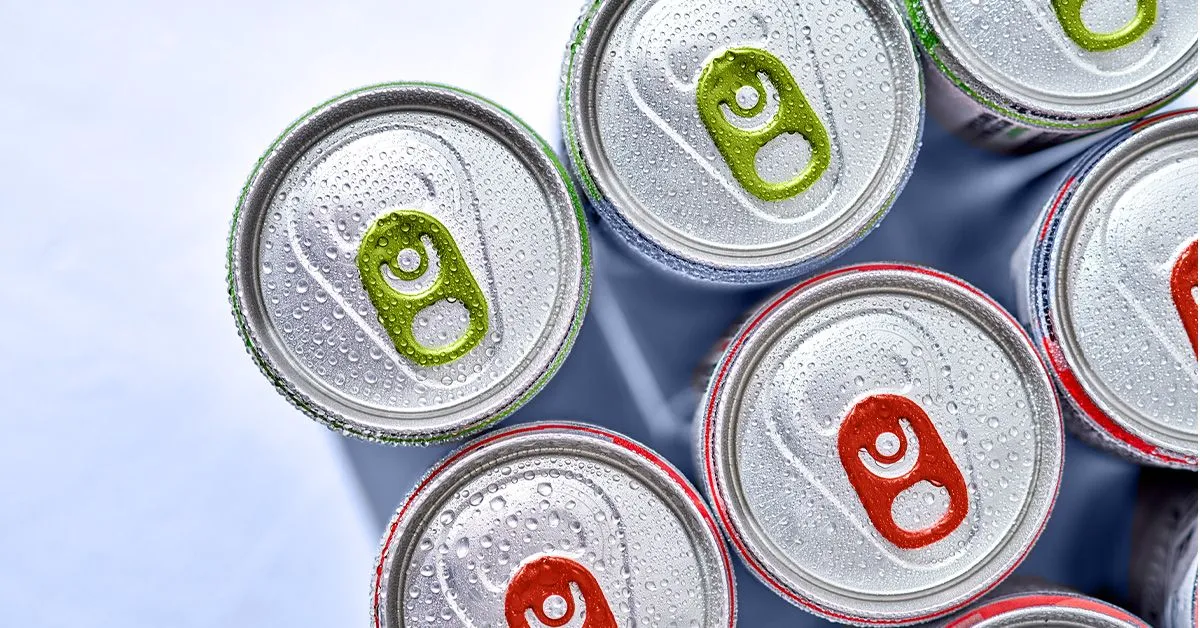
Recent research has revealed concerning insights about low- or non-sugar-sweetened beverages (LNSSBs), often marketed as healthier alternatives to sugary drinks. These beverages utilize sugar substitutes, leading many consumers to believe they are safe choices. However, the findings indicate that regular consumption of LNSSBs is linked to potential liver health risks, challenging the widespread notion that these drinks are entirely ‘safe’ or ‘healthy’ substitutes for traditional sugary beverages.
The researchers emphasize that the next step involves completing and submitting a full manuscript for peer review and publication. This process is crucial for allowing the scientific community to evaluate and expand upon their findings. Moreover, they stress the importance of conducting further studies to elucidate the biological mechanisms that connect artificially sweetened beverages to liver disease. It is also essential to investigate whether various types of sweeteners pose different levels of risk. Long-term research involving more diverse populations will be vital to enhance the credibility of the evidence presented.
One prevalent misconception is that diet drinks are inherently healthier than their regular counterparts. This recent study showcases that both types of beverages are positively associated with a condition known as Metabolic Dysfunction-Associated Steatotic Liver Disease (MASLD). Consequently, health professionals are urging patients to opt for water or carbonated water to achieve optimal health outcomes. Just because a beverage is labeled as ‘zero calories’ or ‘less sugar’ does not necessarily mean it is a healthier choice.
Many commercial beverages contain various chemicals designed to enhance flavor, which may not be beneficial for health. For those seeking healthier options, it is recommended to consume plain water, homemade fruit-infused water, unsweetened iced tea, or seltzer. These alternatives not only provide hydration but also avoid the potential health risks associated with LNSSBs and traditional sugary drinks.
As the conversation around artificial sweeteners and their health implications continues, it is crucial for consumers to remain informed. By understanding the potential risks associated with low- or non-sugar-sweetened beverages, individuals can make more educated choices about their dietary habits, prioritizing true health benefits over misleading marketing claims.